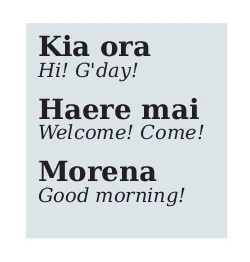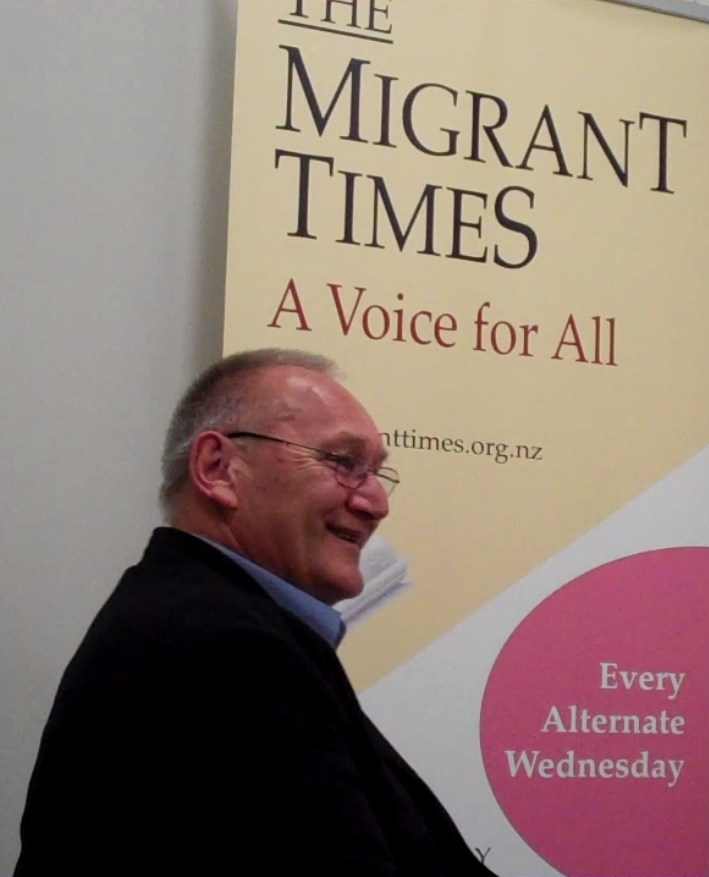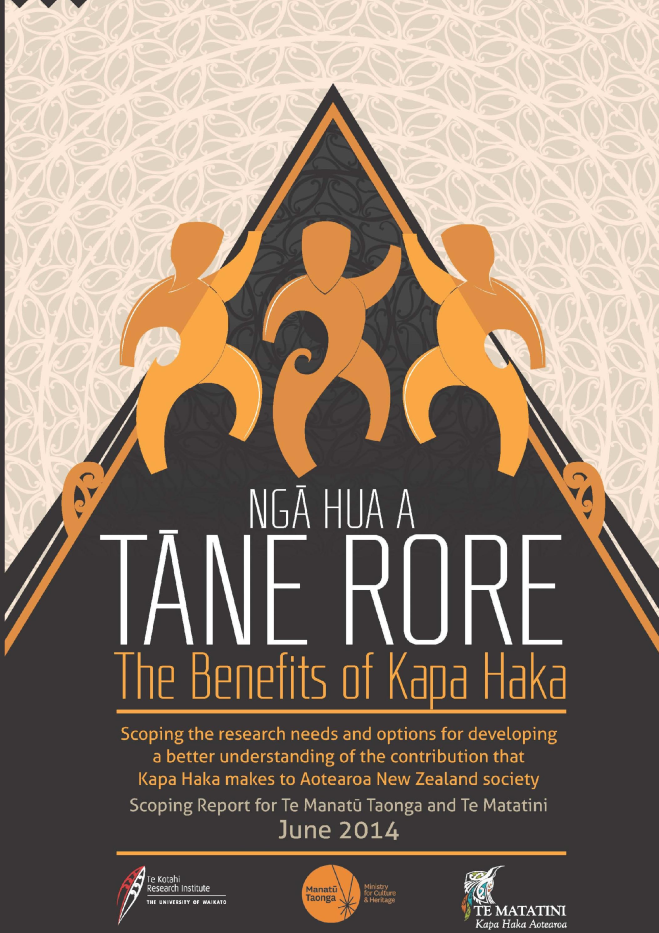Ever since the country started marking the Māori Language Week in 1975, the cultural and historical argument to preserve the language has held its ground. It's time to introduce the economic element into it as well.
What he said :- I love the diversity that immigration brings, Maori believes in manaaki, everyone should know and learn about the Treaty of Waitangi, Police has done an amazing job in tackling bias against maori, Iwis also have a role to play in bettering maori health outcomes
This year, the Waitangi Day Citizenship Ceremony 2017 was held at the Tuahiwi marae in Waimakariri, in which 50 people - 12 from Waimakariri district and 38 from Christchurch, were granted their New Zealand citizenship. The new citizens were from the UK, Fiji, India, Philippines, South Africa, Samoa, Poland, Ukraine, Germany, Korea, China, Slovenia, Malaysia, Romania, Nepal and the USA. Elaborating on the significance of this yearly tradition, Duncan Sandeman, Head of Civic and International Relations at the Office of the Chief Executive in Christchurch City Council informed, “On Waitangi Day the Christchurch City Council works with tangata whenua to hold a citizenship on a marae in order to demonstrate the commitment to the principle of the Treaty of Waitangi and to recognise the importance of Waitangi Day.”
Ever since the country started marking the Maori Language Week forty years ago, the cultural and historical argument to preserve the language has held its ground. It's time to introduce the economic element into it as well.
Every year Te Matatini National Kapa Haka Festival, which started in 1972, focusses attention on the contributions made by the tradition-al Maori warrior dance to social cohesion, health and education outcomes. As the country celebrates Matariki, we also make a case for what the organisers of Te Matatini call "“underrating of the true values that kapa haka brings to the New Zealand society”.
Be it the 1835 Declaration of Independence, 1840 Treaty of Waitangi or the Waitangi Tribunal of 1975, the wait by Māoris – indigenous people of New Zealand – for resolution of their rightful grievances seems long and never-unending, with the latest contention being the Maori freshwater rights







Te reo Māori remains a crucial cultural asset for Māori and is protected under the Treaty of Waitangi. And Te Puni Kōkiri is playing a leading role in the government’s efforts to support the revitalisation of the Māori language. This is the first time the Crown and Māori, represented by Te Mātāwai, have entered into an active, planned partnership for revitalisation.